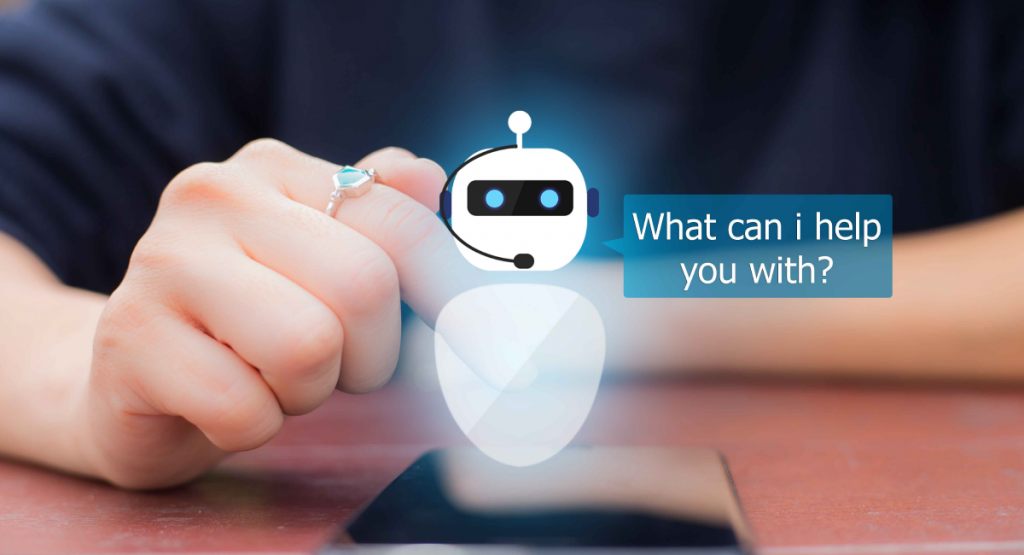Can Small Businesses Really Compete with Tech Giants Using AI?
25 Feb, 2025

There’s a common misconception floating around—AI is only for the big leagues. Massive corporations with million-dollar budgets, armies of developers, and access to the latest tech stacks. But what if the story isn’t so binary? What if artificial intelligence, the same tech powering global conglomerates, can also be a silent growth partner for a local bakery, a boutique fashion label, or an independent logistics company?
Because here’s the truth: AI isn’t just about deep pockets. It’s about deep insight.
Small Business, Big Data?
Let’s start with the basics. Small businesses might not have the massive datasets that large enterprises do—but they still generate data. Customer behavior, sales trends, social media engagement, inventory turnover, website traffic—it’s all data. And AI doesn’t always require petabytes of information. With the right tools, even small-scale data can reveal actionable insights.
Take customer retention. A café owner might notice a drop in returning customers. Instead of guessing, AI tools can analyze point-of-sale data and online reviews to pinpoint reasons—slow service on weekends, inconsistent coffee quality, or even better promotions from a nearby competitor. This turns vague assumptions into tangible solutions.
Personalized Marketing That Works (and Doesn’t Break the Bank)
Small businesses don’t have the luxury to spray and pray when it comes to marketing. They need precision, and that’s where AI comes in. AI tools like predictive analytics or recommendation engines can help tailor campaigns to target audiences.
Think of an artisanal skincare brand using AI to understand buying behavior—who buys what, when, and why. Based on this, it can automate email campaigns that don’t just scream buy now but actually land with relevance: a reminder for a product refill, a suggestion for a complimentary item, or an offer tied to a customer’s birthday month.
Automation: Your New Team Member
One of the biggest advantages AI offers to small businesses is time. Or rather, the ability to reclaim it. With AI-powered automation, repetitive tasks like sending invoices, managing bookings, answering basic customer queries, and updating inventory become hands-free.
Chatbots, for example, aren’t just for websites with millions of users. A small salon can use abasic AI chatbot to schedule appointments, recommend services based on past visits, and even follow up for reviews.
The cost? Surprisingly low. With platforms like ChatGPT, ManyChat, and Tidio, small businesses can launch conversational AI in hours—not weeks.
Leveling the E-commerce Playing Field
E-commerce is perhaps where small businesses feel most dwarfed by giants like Amazon. But AI is changing that. Tools for smart search, personalized product suggestions, and even AI- generated product descriptions are now available as plug-ins or integrations for platforms like Shopify and WooCommerce.
AI also helps with demand forecasting, ensuring stock availability without overstocking. And with AI-driven pricing tools, small sellers can dynamically adjust prices to stay competitive without compromising profitability.
Overcoming the Learning Curve
The biggest barrier isn’t cost—it’s mindset. Many small business owners hesitate because they feel AI is too technical, too complex, or too abstract. But the ecosystem today is designed for users, not engineers. No-code and low-code platforms have democratized AI, making it as easy as dragging and dropping blocks in a dashboard.
AI is no longer a nice-to-have; it’s a survival tool. And early adopters—regardless of size—are the ones gaining the most ground.
AI Doesn’t Replace People, It Elevates Them
There’s a valid concern that AI replaces human jobs. But in small businesses, it often does the opposite—it allows lean teams to do more. Rather than replacing staff, AI takes over the grunt work, enabling humans to focus on creativity, strategy, and customer experience.
That’s the sweet spot—where technology enables people to show up more fully, more intentionally.
The Future Isn’t Optional
The question isn’t if small businesses can compete using AI. It’s how soon they’ll start. Because the future is already here—it just hasn’t been evenly distributed yet. And those who adopt AI early, even in small ways, gain an advantage that’s hard to replicate.
Small businesses don’t need to build the next ChatGPT. But they can—and should—use AI to sharpen their edges, enhance their services, and outsmart rather than outspend the competition.



.jpg)
